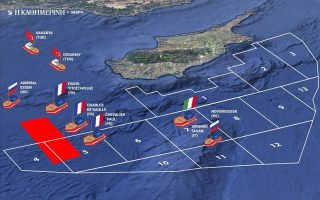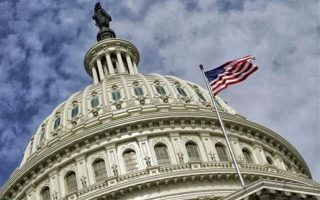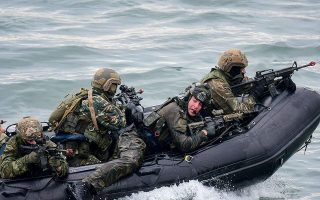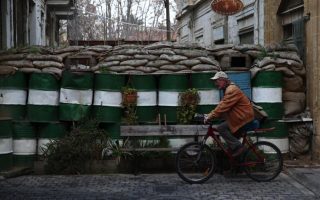UNFICYP renewal draws mixed reactions
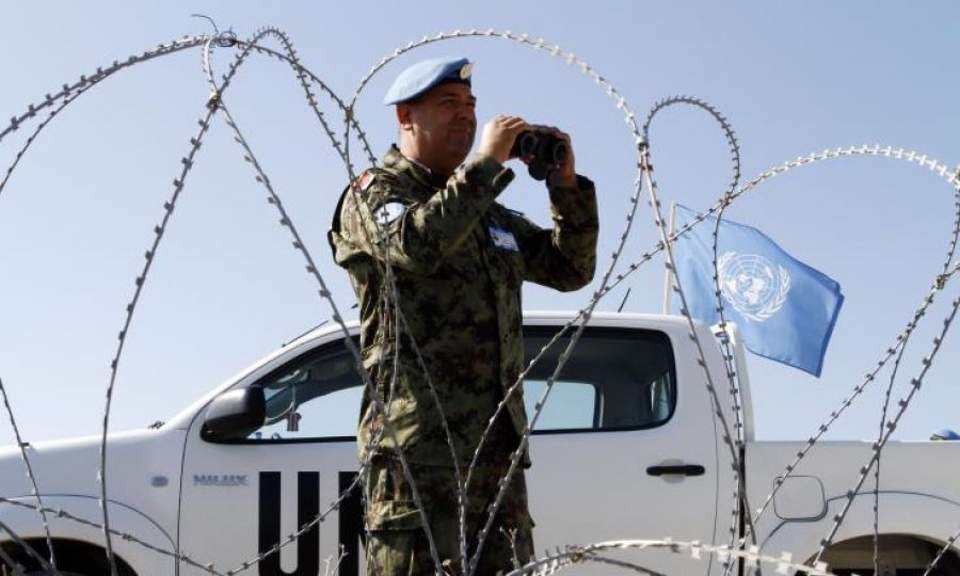
The United Nations Security Council unanimously adopted a new resolution on Tuesday, providing for the renewal of the mandate for the UN Peacekeeping Force in Cyprus for another six months, drawing mixed reactions.
According to the Cyprus News Agency, a statement from the foreign ministry of the Republic welcomed the unanimous renewal, with UN Ambassador Andreas Mavroyiannis expressing the government’s satisfaction.
“The situation on the ground, and the ever-increasing challenges, prove that the Force is indispensable. This is why, as a host country, we have given our consent for the renewal of the mandate,” Mavroyiannis said.
But Turkish Cypriot officials took issue with the renewal, which they described as being a part of the “tensions and dead ends” in the Cyprus problem, including the question of natural resources in and around Cypriot waters.
The Turkish foreign ministry also issued a statement backing Turkish Cypriots in the north, saying it was “against the UN’s own rules and principles that the Turkish Cypriot side’s consent was not again sought regarding the presence of UNFICYP on the Island.”
Like previous mandate renewals, the latest resolution urges all sides and involved parties to renew their commitment toward a political settlement under UN auspices. There was also some language modified to reflect recent developments, including the Covid-19 pandemic.
But there were also concerns in the south over a reference to military cooperation between Greek Cypriots and Turkish Cypriots, with former speaker of the House Yiannakis Omirou issuing a statement saying it was an “extremely dangerous provision.”
“Such a thing would alter and distort the essence of the Cyprus problem, which is an issue of Turkish invasion and not conflict between Greek Cypriots and Turkish Cypriots,” Omirou said.
The resolution calls for the “establishment of an effective mechanism for direct military contacts between the sides and the relevant involved parties,” an effort Omirou attributed to UN special envoy Elizabeth Spehar.
Greek Cypriots have refused direct cooperation -that is, working together without UN involvement, citing legal implications.
But a Turkish foreign ministry statement, citing UN Secretary General’s latest UNFICYP report, argued “the fundamental detriment to the establishment of effective cooperation between the two sides is the Greek Cypriot side’s concerns for recognition, in other words, acceptance of the Turkish Cypriot side as an equal partner.”
Speaking to the press after the adoption of the resolution, Mavroyiannis clarified the government of Cyprus was satisfied with the renewed mandate “in its current strength and configuration.”
Over the past several years, there has been an increasing emphasis by the Security Council on the issue of direct intercommunal contacts between the Cypriot parties.
UNFICYP, comprising military and civilian personnel from various contributing countries, arrived in Cyprus in March 1964 following intercommunal fighting. It has been renewed ever since every six months, with the latest mandate set to expire 31 January 2021.
[Kathimerini Cyprus]
